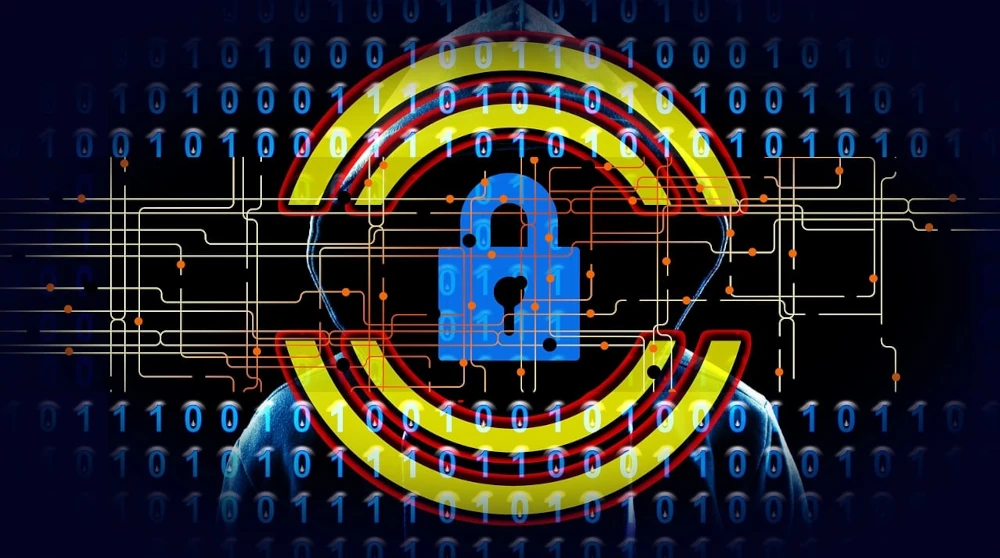The world of gaming has evolved dramatically over the past decade. With the rise of online multiplayer games and digital marketplaces, buying and selling game assets has become a thriving industry. This virtual economy allows gamers worldwide to trade in-game items, characters, and virtual real estate. However, with great opportunities come significant risks.

Understanding these risks is crucial for anyone looking to venture into this market. The purpose of this blog post is to help you recognize and avoid scams, ensuring that your transactions are safe and secure. Whether you’re a buyer or a seller, we’ll provide you with practical tips and insights to protect yourself in the online game asset market.
The Risks of Common Scams and How They Work
Phishing Scams
Phishing scams are among the most common threats in the game asset market. Scammers often create fake websites or send emails that appear to be from legitimate platforms. They trick users into providing sensitive information such as login credentials and payment details. Once they have this information, they can access your accounts and steal your assets.
Fake Listings
Another prevalent scam involves fake listings. Scammers create bogus offers for high-demand game assets at attractive prices. When buyers make a payment, the scammer disappears, leaving the buyer empty-handed. Always verify the authenticity of listings before making any purchases.
Account Takeovers
Account takeovers occur when scammers gain access to your gaming account. They can change your login information, lock you out, and sell off your valuable assets. These attacks often begin with phishing attempts or weak password security. Ensure your accounts are secured with strong, unique passwords and two-factor authentication.
Tips for Buyers Red Flags to Watch Out For
Too Good to Be True Offers
If an offer seems too good to be true, it probably is. Scammers often lure buyers with incredibly low prices or rare items. Always research the market value of the asset you’re interested in and be wary of deals that seem unusually attractive.
Unverified Sellers
Before making a purchase, verify the seller’s credibility. Check their profile, read reviews, and look for any red flags. Legitimate sellers should have a history of successful transactions and positive feedback from other buyers. If the seller’s account is new or has numerous negative reviews, proceed with caution.
Payment Methods
Scammers often prefer untraceable payment methods like cryptocurrency or wire transfers. These methods make it difficult to recover your money if the deal goes wrong. Whenever possible, use secure payment platforms that offer buyer protection, such as PayPal or credit card transactions.
Tips for Sellers Protecting Yourself and Your Assets
Secure Your Accounts
Protect your gaming accounts by using strong, unique passwords and enabling two-factor authentication. Regularly update your passwords and be cautious of phishing attempts. Never share your login details with anyone, even if they claim to be from a legitimate platform.
Verify Buyers
Just as buyers should verify sellers, sellers should also screen potential buyers. Check their profiles, read reviews, and look for any red flags. Be cautious of new accounts or buyers with no transaction history. If something feels off, trust your instincts and proceed with caution.
Use Escrow Services
Escrow services act as a third party in a transaction, holding the buyer’s payment until the seller delivers the asset. This provides an added layer of security for both parties. Platforms like Middleman Services and Trade Guardian offer trusted escrow services for game asset transactions.
Platforms and Tools for Safe Transactions
Secure Marketplaces
Choose reputable platforms that offer secure trading environments. Websites like Chicks Gold, and other similar ones can provide a secure space for trading in-game assets. These platforms often verify sellers and offer buyer protection, making transactions safer.
Two-factor authentication (2FA)

Enable 2FA on all your gaming and payment accounts. This adds an extra layer of security by requiring a second form of verification, such as a code sent to your phone. Even if someone gains access to your password, they won’t be able to log in without the second factor.
Anti-Phishing Tools
Use anti-phishing tools and browser extensions to help identify and block malicious websites. Tools like Norton Safe Web and Bitdefender TrafficLight can provide real-time protection against phishing attempts. Stay vigilant and avoid clicking on suspicious links.

The online game asset market offers exciting opportunities for gamers, but it’s essential to stay vigilant and protect yourself from scams. Understanding common threats and implementing the tips we’ve shared can help you enjoy a safer and more secure trading experience.
Remember to verify sellers and buyers, use secure payment methods, and enable two-factor authentication on all your accounts. By taking these precautions, you’ll be well-equipped to avoid scams and thrive in the game asset market. Stay informed, stay safe, and happy trading!


